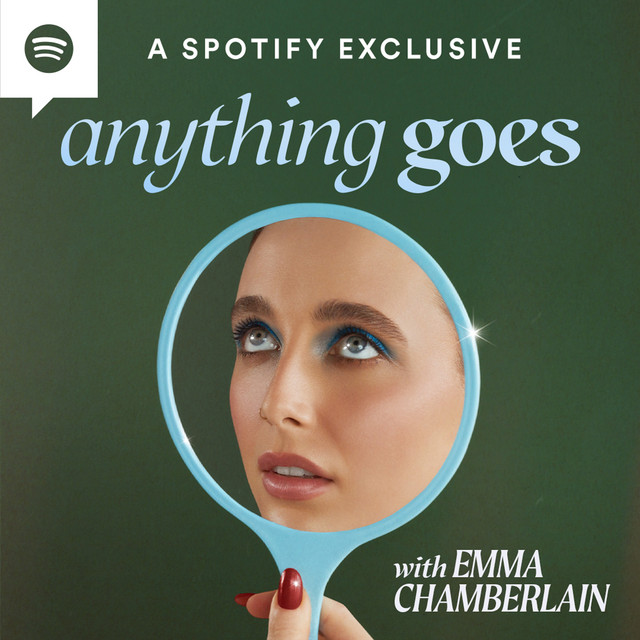Emma Chamberlain: From coffee queen to self commodified fiend
Influencers are subject to a sort of shelf-life, knowing that they will only maintain their relevance on social media for a certain period of time. Utilizing this pressure, they can either figure out how to be successful outside of a single form of content, roll with the punches and see what happens or fall into a mix of the two.
Born in the Bay Area, Emma Chamberlain started her YouTube career in 2017 and has since garnered 12 million subscribers and 16.1 million Instagram followers.
“When [Chamberlain] was on YouTube she was … really herself. She allowed herself to be weird on camera, and wasn’t really afraid of getting embarrassed,” Charlotte Lefkowicz ‘25 said.
Now, however, Chamberlain has replaced her young, relaxed and candid persona with a more mature and formulated one. Her ability to change her content stream was feasible due to the insurance of job security; Chamberlain has been able to rely on the support of her devoted fan base from YouTube to achieve success. She still posts occasionally on YouTube, but no longer utilizes it as her sole source of income.
In a New York Times article published in February of 2023, Chamberlain said, “I want YouTube to just be fun again, and I think it will be now that podcasting is my [number one] focus, other than Chamberlain Coffee.”
Chamberlain Coffee, which has made over five and a half million dollars since its launch in 2020, sells coffee products such as cold brew bags, coffee beans and mugs. Citing a unique brand identity, Chamberlain Coffee has championed the support of many fans. The same is true with her podcast, “Anything Goes”. Chamberlain signed an exclusive deal with Spotify in November of 2022 from which she is estimated to make $10 to 50 million. However, despite these two ventures seeming to represent the new Chamberlain, her ties to coffee have been intrinsic to her online personality since she started.
Via her new business and creative avenues, Chamberlain has transformed herself into a brand. This is not the only factor of her success; when influencers receive opportunities for things that are not correlated with their usual skillset, their content becomes tied to them instead of what they do. They, as well as their name, are now what is commodified. Utilizing often massive fan bases, much like Chamberlain, influencers are able to explore different creative mediums and partnerships knowing that their fans will stay engaged.
In 2019, Chamberlain became the first YouTuber to partner with a major luxury fashion house, starting her ambassadorship with Louis Vuitton. She has gone on to wear their clothes to large-scale events such as the Met Gala. Using her relationship with Louis Vuitton, Chamberlain commodified herself and garnered credibility despite her lack of experience in the fashion world. Since then, she has done advertisement campaigns with brands such as Pacsun, Levi’s and Aritzia.
Similar to Chamberlain Coffee, numerous companies created by celebrities and influencers have become successful. In June of 2022, Forbes reported that many brands’ marketing campaigns are driven by influencers, crediting them for being 93% of the content they use to gain traction. Thus, influencers are becoming the forefront of marketing. When someone like Chamberlain amasses an immense amount of popularity, it becomes less about their content and more about them.












